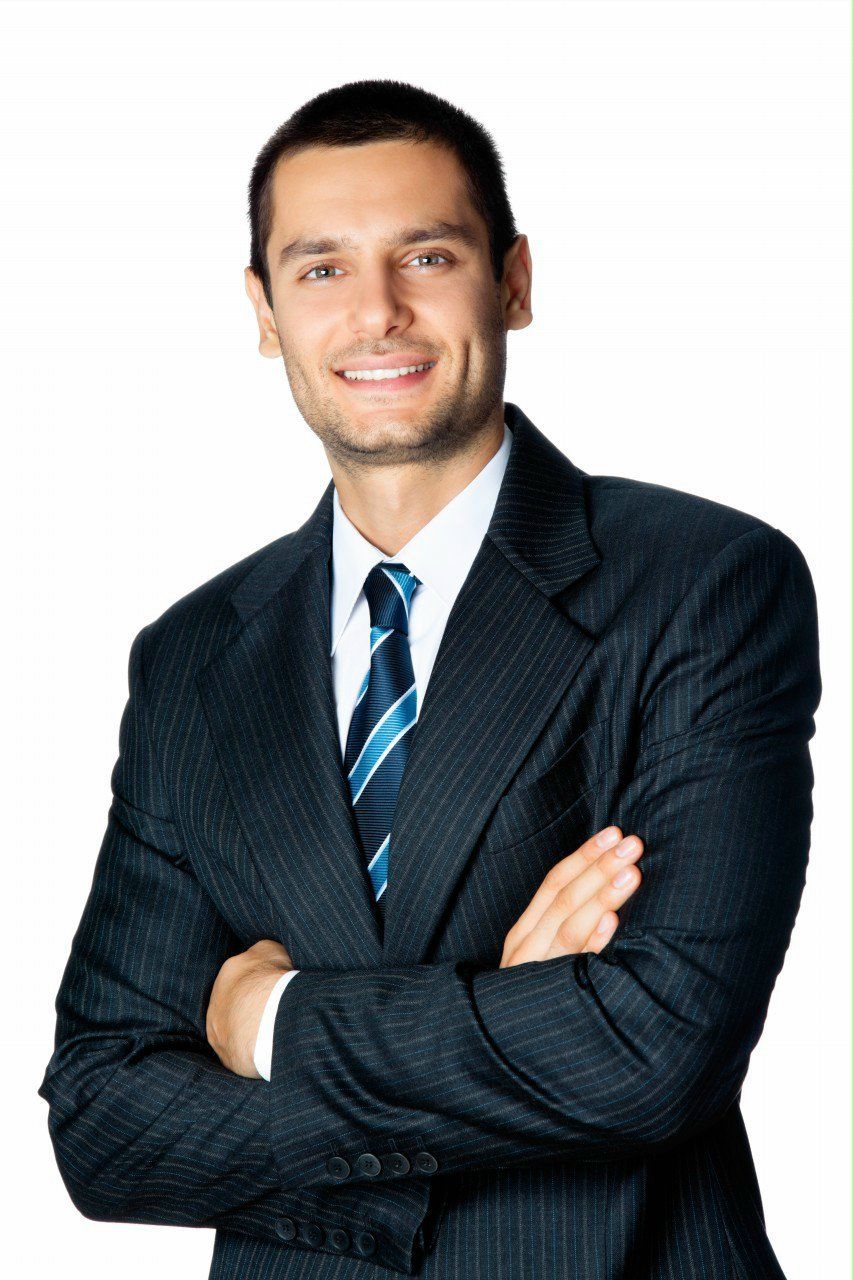The concept of a circular economy is more than just a trendy buzzword; it’s a game-changing approach that reshapes our understanding of resources and waste. For years, we’ve operated within a linear framework: take, make, dispose. But as awareness of environmental challenges grows, businesses, governments, and individuals are rethinking their consumption habits. I still remember the first seminar I attended on circular economy models; as the speakers passionately discussed techniques for waste reduction and reimagining product lifecycles, I felt a wave of inspiration wash over me. That moment ignited my desire to be part of this significant change. Complement your learning by checking out this suggested external website. You’ll find additional information and new perspectives on the topic covered in this article. sneak a peek at this web-site, broaden your understanding of the subject.
In my professional journey, I became particularly fascinated by companies that embraced these sustainable models. When I began working with a start-up dedicated to environmental responsibility, my perspective shifted dramatically. We were committed to creating products from recycled materials, which not only reduced our ecological footprint but also nurtured a community spirit. This hands-on experience didn’t just shape my career; it solidified my belief in the possibility of real change when we adopt innovative and sustainable practices.
The Impact of Taxation on Circular Practices
As circular economy models gain traction, we see the emergence of new taxation policies that promote sustainable practices. I noticed this firsthand when my company decided to adopt more eco-friendly operations; we not only minimized waste but also benefited from tax incentives for utilizing sustainable materials. This financial angle transformed my understanding of the circular economy—it became evident that supporting this movement isn’t just a moral obligation; it’s also a savvy business decision.
One memorable project involved collaborating with our finance team to analyze how tax breaks for investing in sustainable technology could help offset costs. We developed projections for potential savings, aligning our green ambitions with compelling numbers. This experience drove home the point that policy changes can propel individual business efforts, further motivating me to champion similar strategies within my professional network.
Personal Transformation through Environmental Responsibility
Embracing circular economy practices has also led to significant transformations in my personal life. I can’t forget the moment I decided to declutter my home, opting to donate items rather than discard them carelessly. It was incredibly liberating to realize that my unwanted possessions could benefit someone else. This experience illuminated the importance of responsible consumption and the impact of seemingly small choices on the larger picture.
Fueled by this newfound understanding, I became active in community initiatives aimed at promoting recycling and sustainable living. Joining local clean-up events, I didn’t just help beautify my neighborhood; I also connected with others who share the same vision for a greener world. These volunteer experiences deepened my commitment to sustainability, solidifying my resolve in both my personal and professional life.
Building Valuable Collaborations
The true beauty of a circular economy lies in its capacity for collaboration. It transcends individual efforts, fostering partnerships across various sectors. Throughout my journey, I’ve come to understand the significance of networking with like-minded people and organizations. By attending workshops and seminars, I expanded my horizons and forged partnerships that amplified our collective impact.
These joint efforts opened doors to innovative initiatives, allowing us to capitalize on each other’s strengths. As I engaged with diverse individuals and organizations, my professional path flourished; I became better informed and inspired by the vast possibilities within the circular framework. This solidified my belief that we can construct a better future together.
Looking Ahead: The Future of Circular Economy in My Career
As I forge ahead on this journey, I remain hopeful about the transformative role of circular economies in shaping a sustainable future. The relationship between innovative ideas and supportive policies needs to keep progressing. Embracing sustainability is not just about adapting to new regulations; it’s about fostering a lifestyle that prioritizes environmental stewardship. I am determined to stay at the forefront of this movement by continuously educating myself and sharing valuable insights with others. Explore the topic further with this external content we recommend. Https://astramytheme.Com/, uncover fresh viewpoints!
Moreover, I aspire to inspire the next generation of professionals to recognize the significance of integrating circular economy principles into their careers. Reflecting on my own experiences, I see clearly how transformative they can be—shaping our perspectives, enhancing our skill sets, and driving meaningful change within our lives and the communities we serve.
Discover different perspectives in the related posts we’ve chosen for you:



